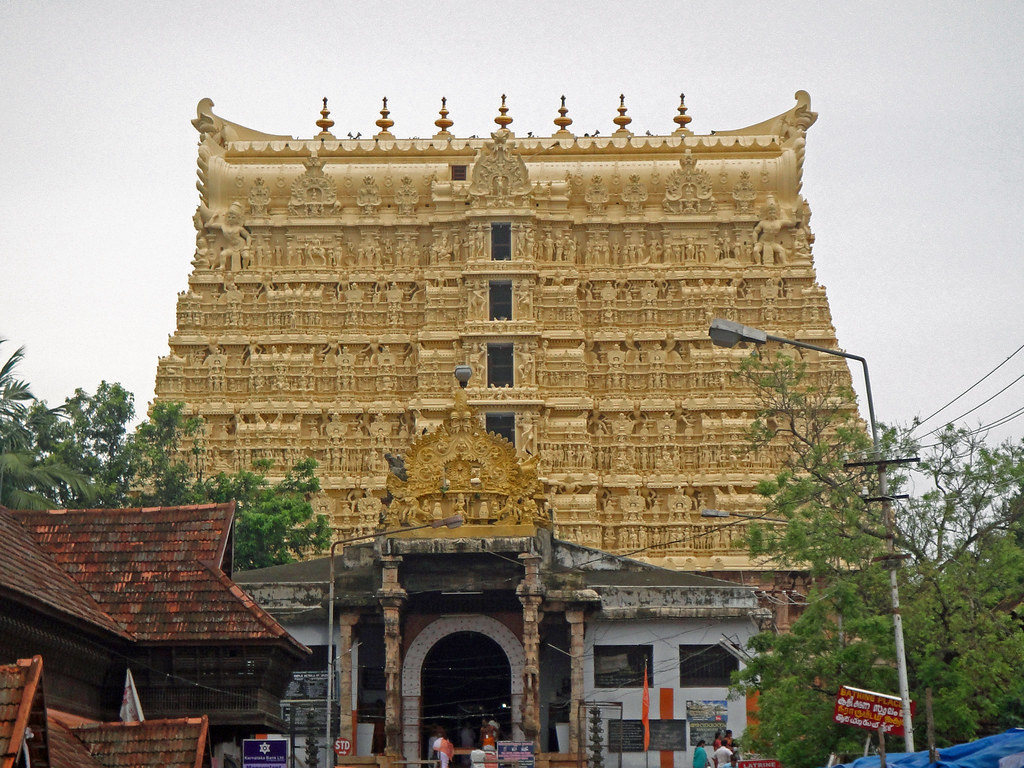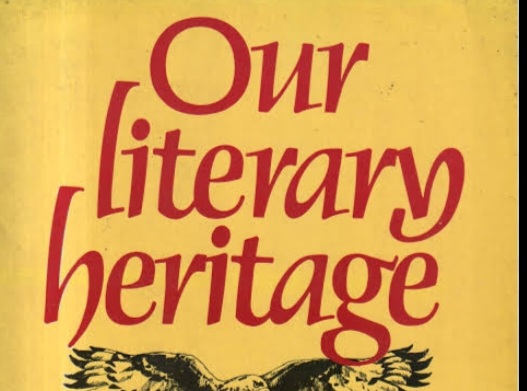Skip available courses
Available courses

Understanding digital media
This Course aims to understand digital media systems and practices
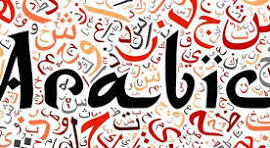
INTRODUCTION TO ARABIC LANGUAGE
Arabic language is one of the languages in the Semitic group of languages. Also it is one among the six official languages of the UNO. Every year December 18 is observed as Arabic Language day.
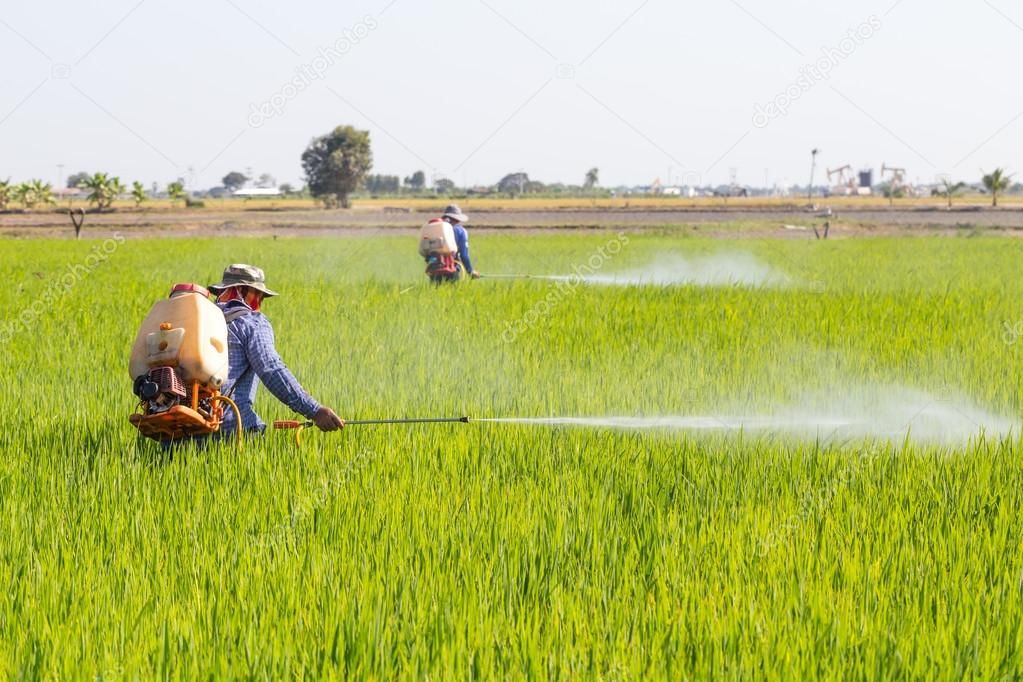
Bioremediation of Pesticides 2024
Reclamation of pesticide contaminated soil has been challenging over years. At the same time in nature certain micro organisms have found to evolve degradative traits which could be used for bioremediation. This course give insights to effective bioremediation of pesticide contamination

MALAYALAM-RHETORIC
This course is an introduction to the theory and practice of rhetoric, the art of persuasive writing and speech. In it, you will learn to construct and defend compelling arguments, an essential skill in many settings. We will be using selected addresses from prominent twentieth-century Americans — including Martin Luther King Jr., John F. Kennedy, Margaret Chase Smith, Ronald Reagan, and more — to explore and analyze rhetorical structure and style. Through this analysis, you will learn how speakers and writers persuade an audience to adopt their point of view.
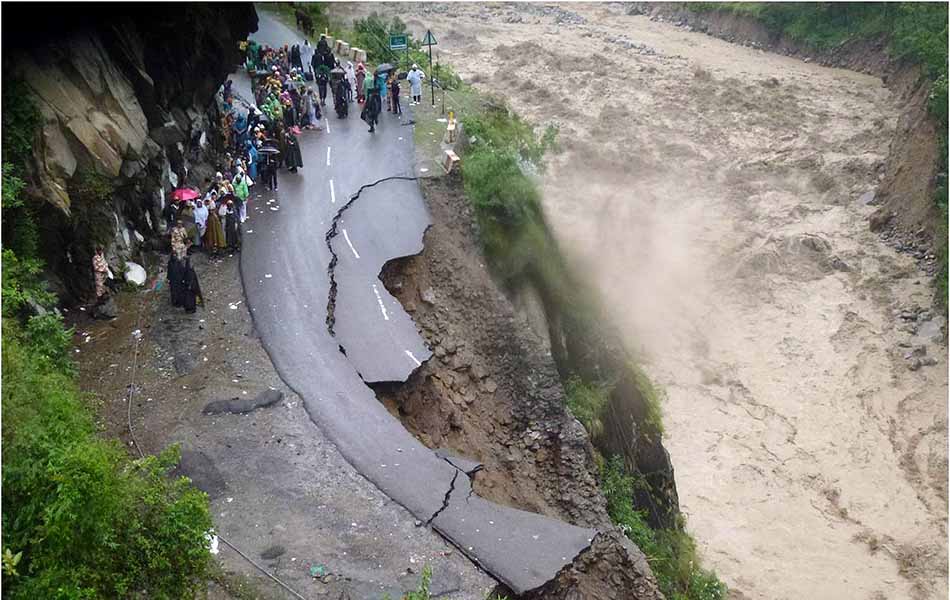
Disaster Management
Hazards
Disasters
Difference between Hazards and Disasters
Various types of Hazards and Disasters
Causes,effects prevention, early warning, mitigation

Soft Skills
The course is designed to offer better living skills and prepare the students to improve their creativity and critical thinking ability.

diaspora studies
this course is a study of diaspora in kerala.this contains the migration from kerala to gulf region europe and america and australia

Introduction to Philosophy
This is an Introductory course about what is the etymology, definition and branches of Philosophy
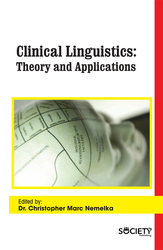
INTRODUCTION TO CLINICAL LINGUISTICS
CREDITS: 2

Phenomenology and Existentialism
Six-month course
Four Modules
Module 1 Introduction to Phenomenology
Module 2 Phenomenology of Edmund Husserl
Module 3 General Characteristics of Existentialism
Module 4 Theistic and Atheistic Existentialism
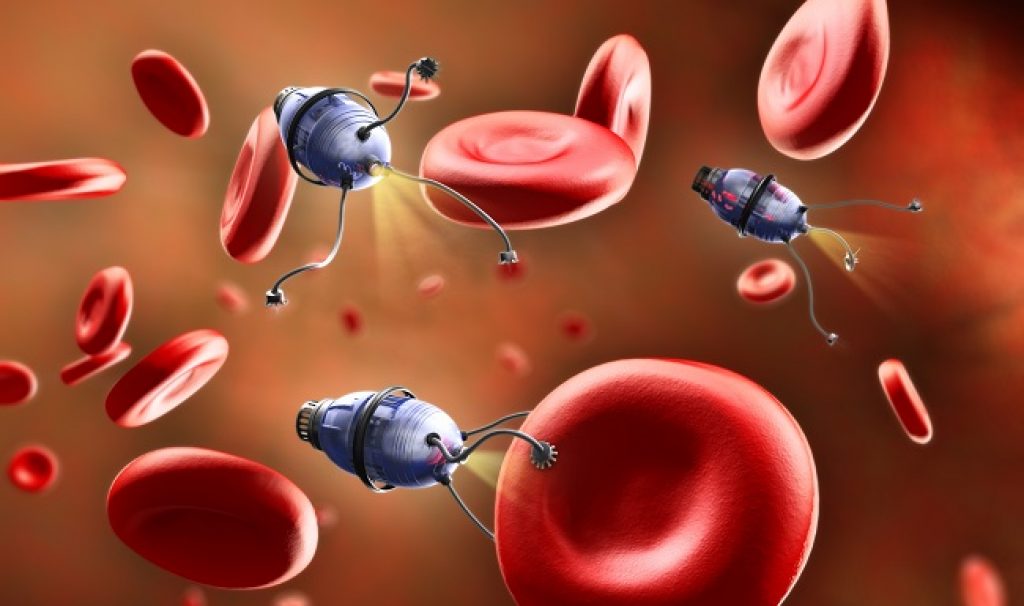
Nanobiology
Credit: 3
Programme Name: Nanobiology
Nanobiology explores the intersection of nanotechnology and biology, focusing on the application of nanoscale materials and techniques to understand and manipulate biological systems at the molecular and cellular levels. This interdisciplinary field integrates principles from biology, chemistry, physics, and engineering to investigate the fundamental properties of biological molecules and structures, develop novel nanomaterials, and create innovative biomedical technologies.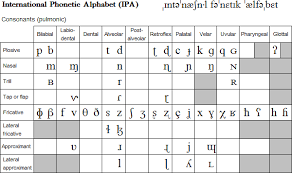
Phonetic Transcription and Glossing Techniques
This is a certificate course on phonetic Transcription and techniques for glossing linguistic data
This is a two credit course

NGS Data Analytics
This course provides a comprehensive introduction to the principles and practical techniques involved in the analysis of Next Generation Sequencing data.

Quantitative Methods
Understand the basic probability theory and analyse different probabilitydistributiopns
Undersatand and apply sampoling concepts and procedures
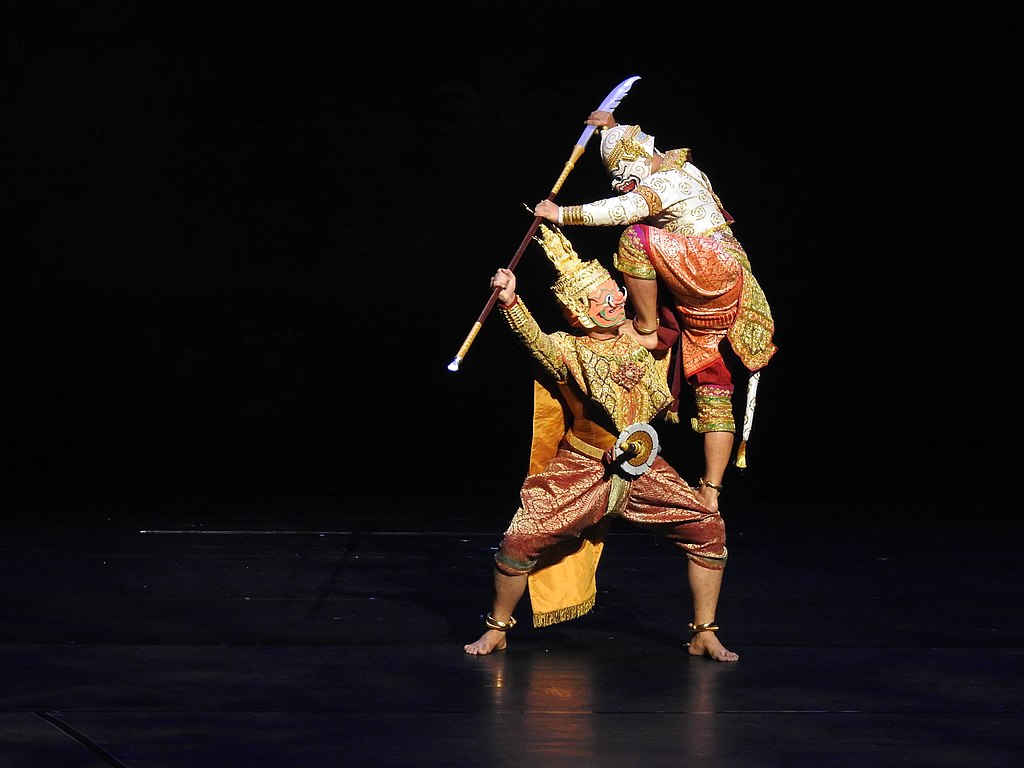
Introduction to Sanskrit Dramas
The course named General Awareness of Sanskrit Dramas designed for all peoples who wish to know about Sanskrit Dramas. There are four credits and Six Modules.

GST and Customs Act
To study the relevant Laws relating to GST
To understand the conditions and circumstances of charging Customs duty

Genomics and Proteomics
Destined to improve the skills and consolidated knowledge in the area of protein purification and identification of genes
